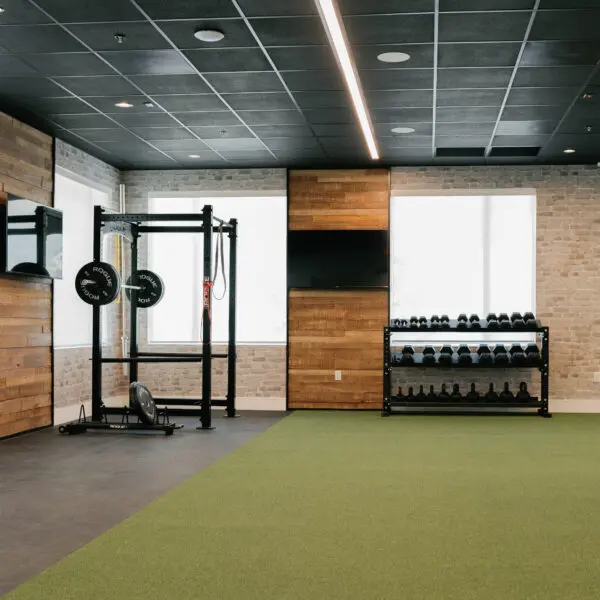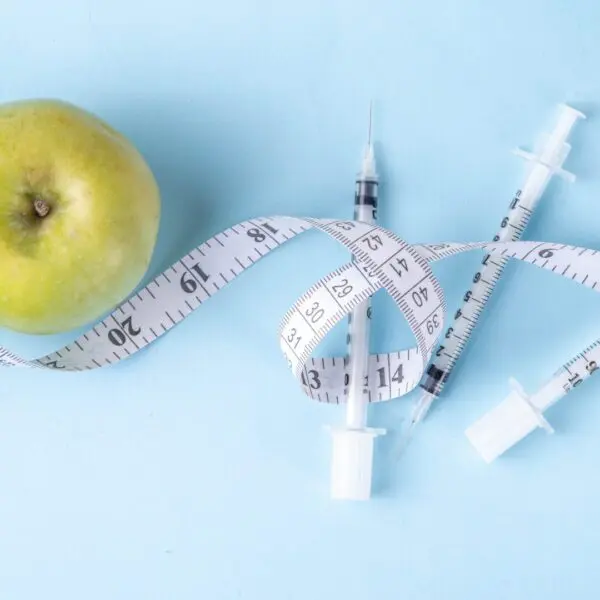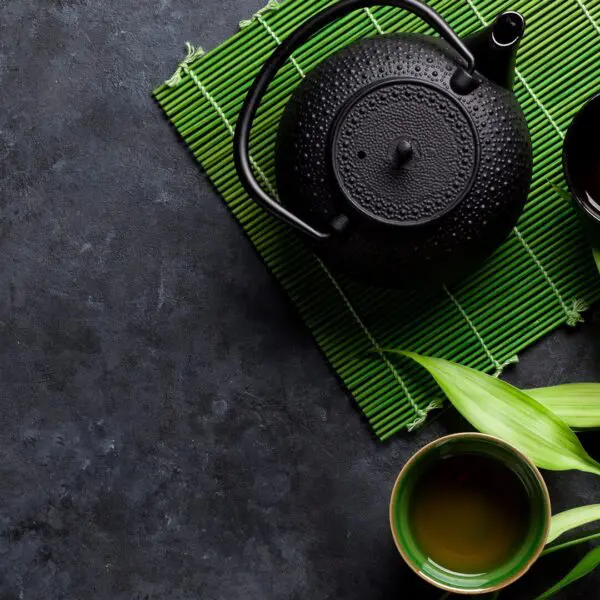Sleep hygiene refers to healthy sleep habits. Good sleep hygiene is important because of how crucial getting good sleep is for your mental and physical health, as well as your overall quality of life.
Your behaviors during the day can affect how well you sleep. Your food and drink choices, schedule, evening routine, and many other activities all play a part in your ability to sleep. Many of the aspects of sleep hygiene seem like common sense, but many times common sense is not so common.
So, the question becomes:
What habits can we develop to aid and increase our sleep? What can allow the Sandman to do his job?
Here are 5 key strategies to follow:
1. Get at Least 30 Minutes of Moderate Aerobic Exercise
People who engage in at least 30 minutes of moderate aerobic exercise may see a difference in sleep quality that same night. Moderate to vigorous exercise can increase sleep quality for adults by reducing sleep onset, which is the time it takes to fall asleep.
2. But Dont Exercise Too Close to Bedtime
Aerobic exercise causes the body to release endorphins. These chemicals can create a level of activity in the brain that keeps you awake. To minimize sleep onset, try to make sure your exercise session is finished at least 1 to 2 hours (if not longer) before going to bed. This will allow ample time for endorphin levels and body temperature to decrease and the brain to wind down.
3. Avoid Blue and White Light At Least 1 Hour Before Bedtime
Electronics should not be used close up for approximately one hour before going to bed. The blue light emitted by your cell phone or tablet screen restrains the production of melatonin. Blue or white light makes us feel more energetic and wakeful, particularly if exposed to it before or during bedtime.
The reason for this lies in the fact that our brain cells are most sensitive to blue wavelengths. Studies prove that blue wavelengths can even affect the blind and disrupt their circadian rhythms, even though they cant see the color.
Red or amber light, on the other hand, is the most likely to impact our circadian rhythm and make us sleepy. These colors make us feel calmer in the evening and promote the secretion of melatonin. Red light before and during sleep can prevent the groggy feeling we experience upon waking up known as sleep inertia.
4. Avoid Caffeine at Night
This one should be pretty obvious. Caffeine is a stimulant that increases alertness. An afternoon coffee is okay, but try to avoid caffeine the rest of the day. If youre going to have a diet soda at dinner, make it a caffeine-free one. And of course, any hot tea you have should also not contain caffeine.
5. Adopt a Wind Down Routine at Night
Activities such as reading, taking a bath, or meditating can help you relax and get ready for sleep. Get out of bed if you cant fall asleep after 20 minutes of trying. Do a quiet activity in another space until you feel sleepy. If you have to nap during the day, keep it brief. And no naps after 3pm!














